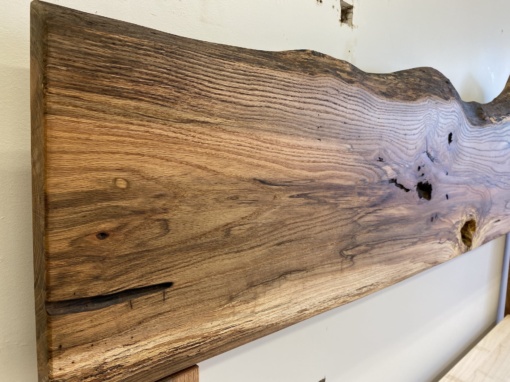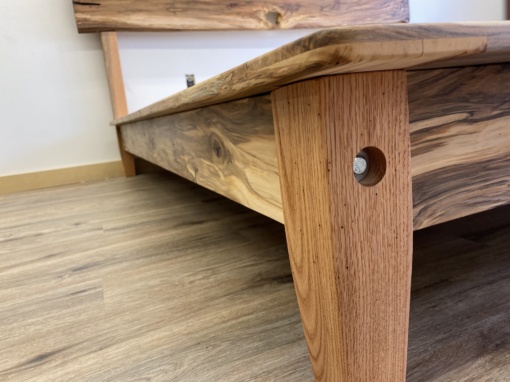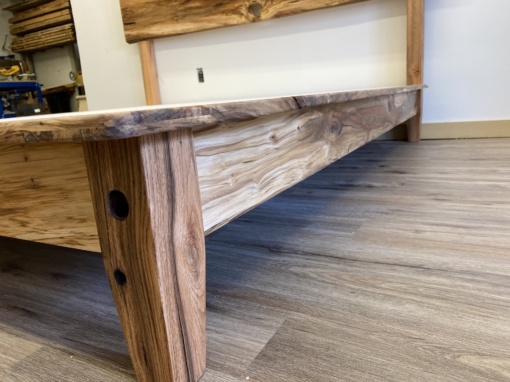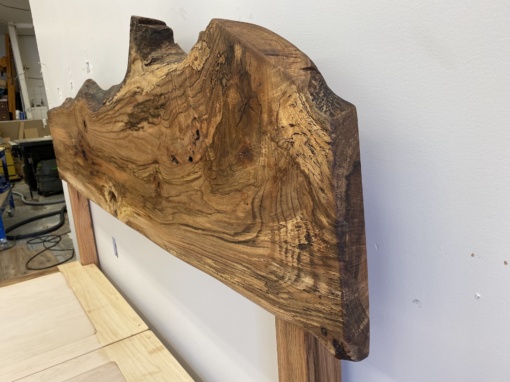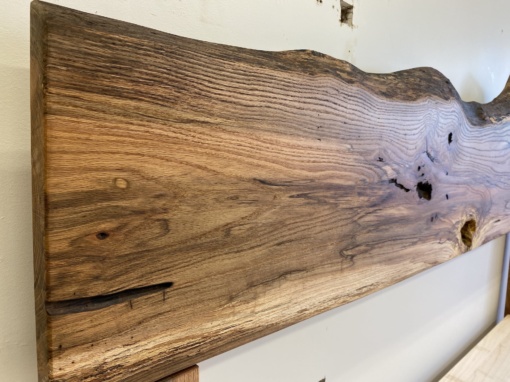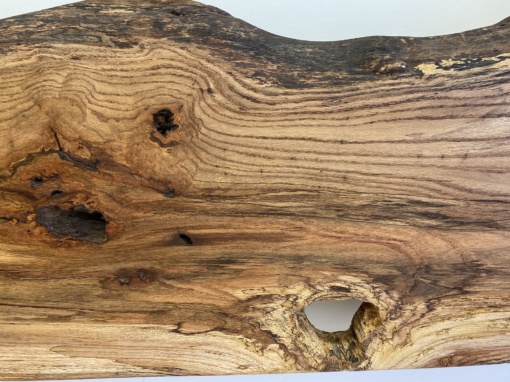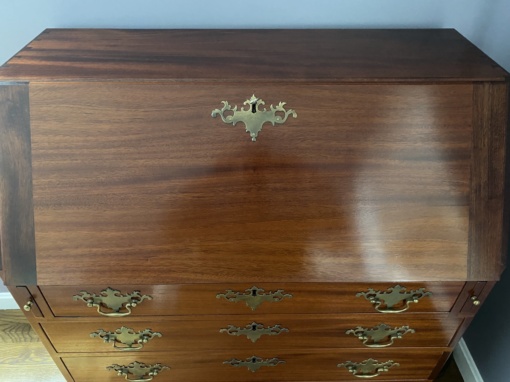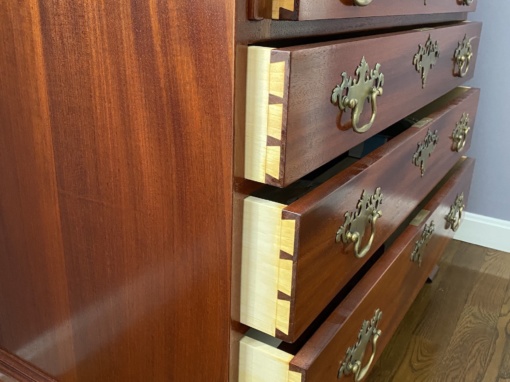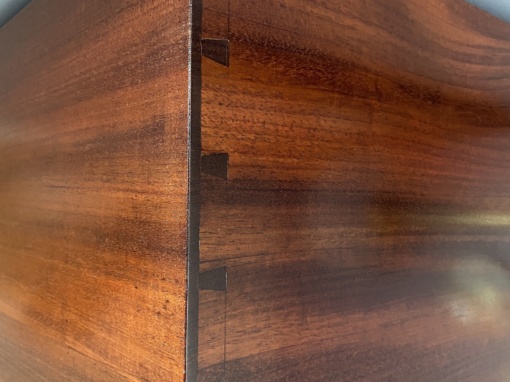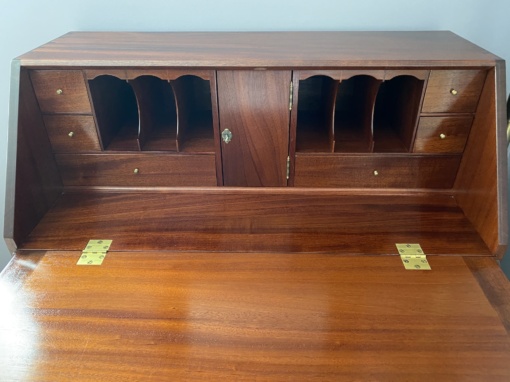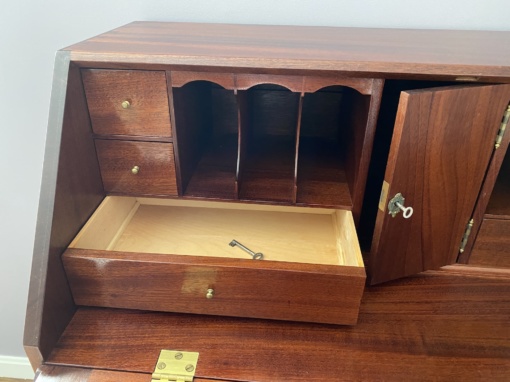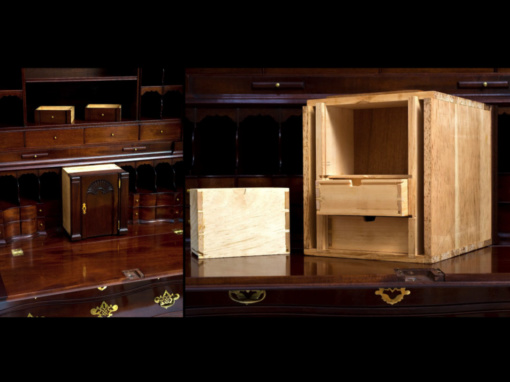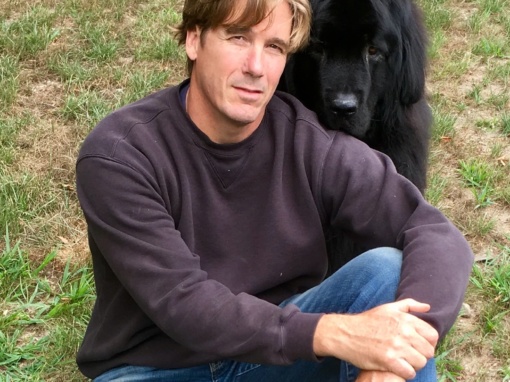Lawn edging should be performed at regular intervals to maintain a neat appearance. Power edgers can be adjusted to make either straight of bevel cuts.
Lawn & Garden
First Cut
The first cut in the spring and the last cut in the fall should be low. In the spring this removes any winter fungus and in the fall prevents fungus from getting established during the winter.
Naturalized Bulbs
To naturalize bulbs in your lawn, choose bulbs that blossom and fade before grass grows vigorously and requires mowing: crocus, winter aconite, snowdrops, and scilla.
Deflecting Wind
Deflect winter winds by planting evergreen trees and shrubs on the north and west sides of your house; deflect summer winds by planting on the south and west sides of your house.
Treat Gasoline
For those gasoline powered tools that don’t get a lot of regular use – generators, trimmers, blowers – add a bit of fuel stabilizer to keep them running smooth. A $5 bottle of stabilizer can treat more than 20 gallons and extend the gasoline’s life expectancy for a full year.
Septic vs. Plants
Cleaners and other chemicals entering drain fields can injure plants when they are leached into soil near plants. Leaf scorch is likely to be the primary symptom.
Lawn Watering
If you don’t have a soil moisture probe, some simple guidelines can help you decide when to water. Water when grass changes from a green to a grayish blue color, when grass leaves begin to roll, when the grass stays down after being walked on, or when you can’t easily push a screwdriver down into the soil a half foot or so. Apply 1/4 in. of water and then check to see if the soil is wet down to 6 in. If it isn’t, make another application just so the soil is moist, but not wet or sticky.
Grass Seeding
Always buy “certified seed”. This is identified by a blue tag saying certified. By spending a few extra cents up front, you will save many hundreds of dollars along with the added aggravation of controlling unwanted weeds later. Choose the right grass seed, sod or sprigs for your situation.
Compost Temperature
The most efficient decomposing bacteria thrive in temperatures between 110F and 160F. Thus, the hotter the pile, the faster the composting. If you achieve a good balance of carbon and nitrogen, provide lots of surface area within a large volume of material, and maintain adequate moisture and aeration, the temperature will rise over several days.
Over Fertilize
Using more fertilizer or pesticide than the label calls for wastes the product and doesn’t help the lawn. The extra fertilizer or pesticide will probably wash away into a storm drain and out to a nearby wetland, stream, or pond where it can harm aquatic plants and animals.

